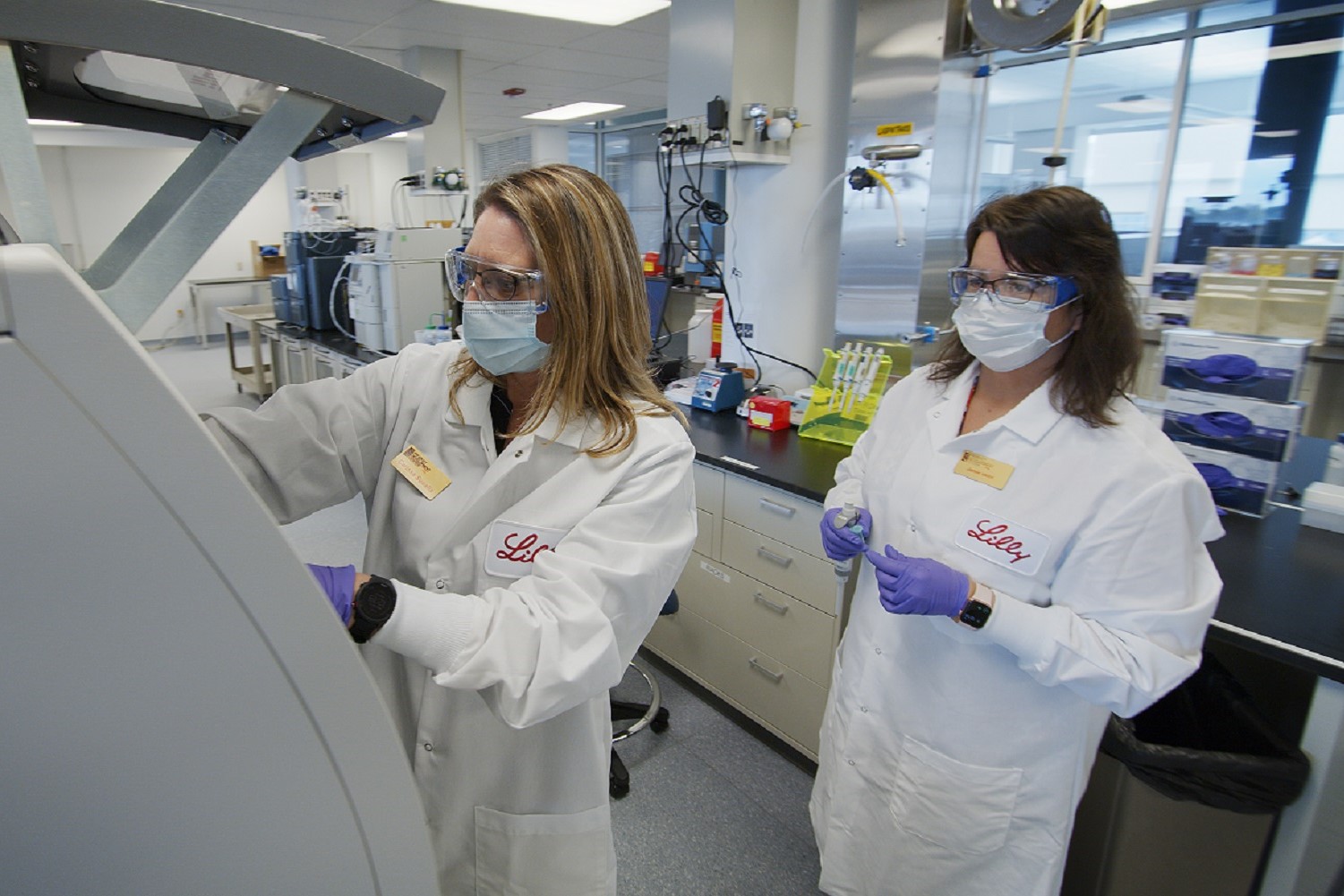A new company out of stealth mode this week at the conference in San Jose. The startup, called , is seeking to integrate AI-powered cybergenetic technology into the synthetic biology field.
The company, which was born out of the University of Edinburgh, is developing cybergenetic technology to enhance researchers’ understanding of what is going on inside living cells. This technology seeks to improve the depth and resolution of the “pictures” of intracellular dynamics, said CEO Filippo Menolascina in an interview.
By doing this, CybergenX is seeking to accelerate the potential of engineering biology to replace fossil fuels in drug manufacturing, he noted. He and his team call engineered cells “the factories of the future.”
They developed a chip that connects to a bioreactor, the liquid-filled vessel used in biomanufacturing. The chip essentially taps into the output of the bioreactor, and provides a clear view of what’s happening inside the cells within the bioreactor at various programmable points in time.
“The cells express a protein that is fluorescent, and each protein gives us a sense of the activity of the genes in those cells. We are able to literally open a window into those cells and look at what’s happening inside them without any filter. We’re actually able to take these incredibly deep and detailed pictures of cell dynamics,” Menolascina explained.
Having these clear pictures is key to creating and training “a new type of foundation model,” he noted. This new type of model will be able to generate predictions of how cells will look in the future.
There are thousands of variables that impact how productive a cell is. If researchers gain data on how each variable affects gene expression, they can then train generative AI models to analyze all that information simultaneously — and then isolate the patterns that show which variables matter, Menolascina said.
This allows biomanufacturing teams to make changes to their production processes, such as tweaks in temperature or PH, he added.
Currently, Berkeley Lights’ Beacon instrument leads the market that CybergenX is entering. Berkeley Lights’ instrument can visualize thousands of cell lines — but it can’t do so in connection with any bioprocesses, Menolascina pointed out.
He also mentioned that CybergenX’s chip costs just a tiny fraction of the Beacon instrument’s price, as the chip costs £1 ($1.25) to make.
Photo: Eli Lilly
